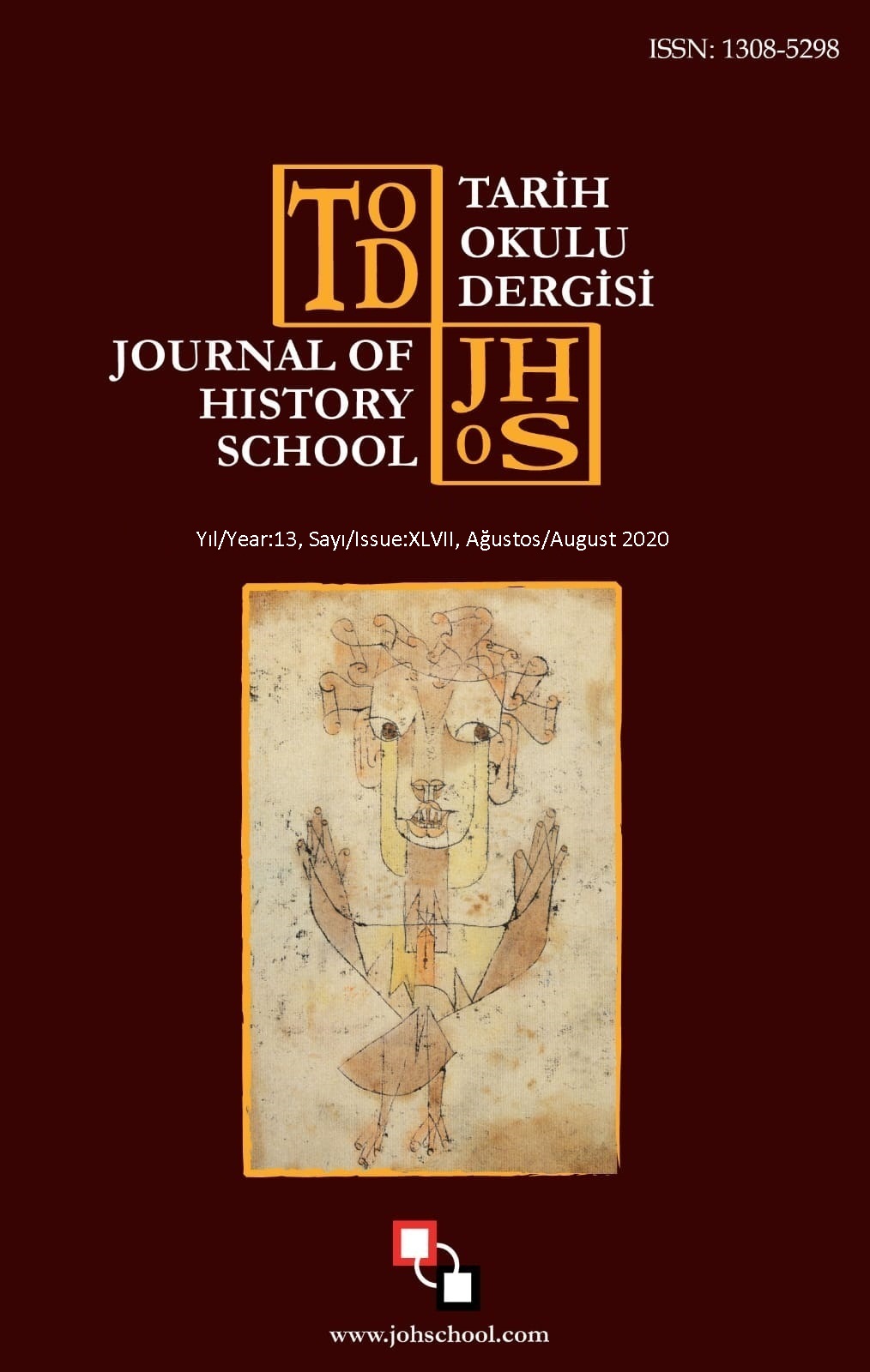Author :
Abstract
Geniş coğrafyaya hâkim olan Osmanlı Devleti hükmettiği milletlerin kültürlerini yok etmemiş aksine desteklemiştir. Bu hoşgörü çerçevesinde kültürler birbirleriyle kaynaşmış ve zaman zaman değişik milletler Türk Kültürüne hizmet etmişlerdir. Bu milletlerin en önemlilerinden biriside Türklerle uzun süre birlikte yaşayan Ermenilerdir. Bu çalışmada Osmanlı sınırlarında hayatlarını sürdürmüş ve Türk Müziğine hizmet etmiş 11 Ermeni bestekârın hayatları betimlenmiştir. Bu bestekârlar eserlerini Türk Müziği formlarında ortaya koymuşlardır. Günümüzde icra edilen konserlerde de onların eserleri hala sevilerek çalınmakta, söylenmekte ve dinlenmektedir. Bu sanatçıların Türk Müziğine hem icrada hem eğitimde hem de yazılı kaynaklarında hizmetleri olmuştur. İncelenen Ermeni sanatçıları Osmanlı okullarında okumuşlar kendi müziklerinin yanı sıra Türk Müziği eğitimi de almışlardır. Eserlerinde Türk Müziğinin inceliklerine hâkim oldukları anlaşılmaktadır. Sanatçılarımız Osmanlının değişik coğrafyalarında bulunmuşlar ve Türk Müziğine katkıda bulunmuşlardır.
Keywords
Abstract
The Ottoman State, which dominates the vast geography, did not destroy the cultures of the nations it ruled, but rather supported them. Within the framework of this tolerance, cultures have fused with each other and from time to time different nations have served the Turkish Culture. One of the most important of these nations is the Armenians who lived with the Turks for a long time. In this study, we described the lives of 11 Armenian composers who lived in the Ottoman borders and served Turkish music. These composers put their works in the forms of Turkish music. Their works are still loved and played, sung and listened to in the concerts performed today. These artists have had services to Turkish music both in performance, in education and in written sources. The Armenian artists we worked with studied in Ottoman schools and studied Turkish music as well as their own music. It is understood that they have mastered the intricacies of Turkish music in their works. Our artists were in different geographies of the Ottoman Empire and contributed to Turkish music.
